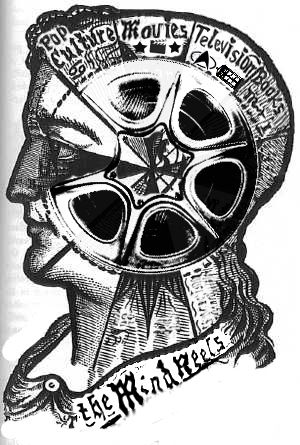Endgame is a tale of manipulation, and revenge, and seems to almost sneak up on the fringes of Saw territory, as the episode finds two sisters pitted against one another. Written by Coleman Luck, the penultimate episode of The Equalizer aired on 10 August, 1989, well after the season should have finished in May.
McCall (Edward Woodward) finds himself stuck between Susan (Elizabeth Berridge) and Linda (Amy Morton). Susan was involved in a paintball game when her weapon seems to have actually killed a man. Her sister Linda reaches out to McCall for help, convinced of her sister’s innocence, but Susan doesn’t want his or her sister’s help.
In fact, there seems to be some strange tension between the two sisters, and someone seems to be intent on upping that tension and exploiting it until one or both ends up dead.
As McCall investigates, trying to understand what is going on, he discovers dark family secrets and the puppeteer behind the scenes intent on tearing the two sisters down, Ernest Rasher (Josef Sommer).
There’s a lot going on in this episode with the performances, the layers of the story, the secrets, the twists, the reveals, the sheer tension. It’s a fantastic episode, and honestly, this may have been the way to end the series, with some additions to the story to allow us to say goodbye to the characters.
It’s intricate, smart, and performs a perfect highwire act of narrative and character piece. Arguably one of the best episodes of the season if not the series.

Suicide Squad is the final episode of the series, but doesn’t do anything to allow us to say goodbye to the characters, it’s just another episode. Written by Jacqueline Zambrano and featuring Ving Rhames as a guest star and yay, Joe Morton gets to show up one last time, the series came to a close on 24 August, 1989.
Willie (Adam Coleman Howard) is cut from the college football team when he hurts his leg. This means he may lose his dream of going to the big leagues and playing professionally, and Luther Paxton (Rhames) is ready to sweep him and recruit him for his own game. Paxton is a dealer and has taken on a lot of hurt players, using them as his army.
Willie is worried about letting down his family and begins to succumb to the lure of Paxton and his ‘easy’ cash flow, but McCall has to show him that his family cares about him for him, not because of his talent, and that dealing in crime is going to get him hurt and dead, probably sooner rather than later. And with Carter’s (Morton) help he proves it.
And then it’s over. There are no final goodbyes or send-offs for beloved characters, it’s just the credits, and the series fades away until it was rebooted into a new film and television series. It was grat for its time. It wasn’t afraid to go dark, and it tackled some important subjects. I’m sorry to see that it’s over already, but there are more things to watch.
Next week we go further back in time to explore some more classic crime-fighting with Batman, the 1966 series.


